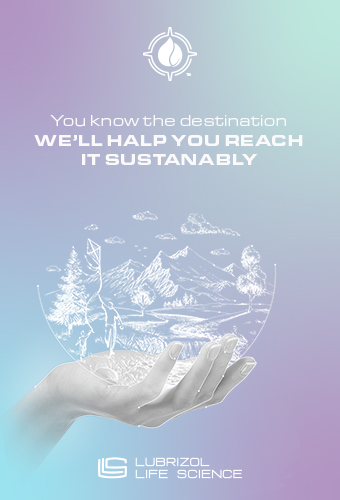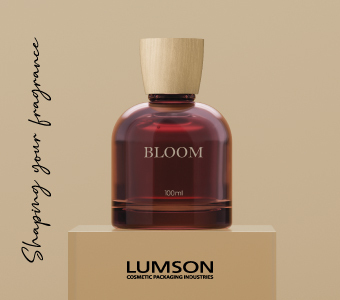The sale of vegan prestige beauty products in the UK reported an increase of 38% in the 12-month period February 2017 to end of January 2018 according to The NPD Group. The total market for natural prestige beauty products (of which vegan is a category) was valued at £124 million in 2017 and accounts for 26% of prestige women’s face skincare.

Driven by social media and campaigns like Veganuary, the popularity of a vegan lifestyle has grown as consumers embrace a more wellness-oriented lifestyle. The NPD Group has seen an increase in the number of vegan brands in the prestige beauty market but notes that most of these are in limited distribution. Vegan beauty brands only account for 1% of women’s face skincare, but growth is well above the category at 38%.
“There has certainly been a rise in the number of vegan brands in prestige beauty and this coincides with consumers adopting a more conscientious approach when purchasing products, looking closely at the underlying philosophies and actions of the brands. They not only investigate ingredients and efficacy, they want to know about traceability, and how animal friendly they are. Vegan and cruelty-free are two of the big issues for customers in 2018, but still remains a niche segment of the skincare market,” explained Helen Duxbury, Senior Account Manager, NPD UK Beauty.
Always more natural
The prestige beauty market has also been boosted by the growth of natural beauty. Natural brands (including organic, naturally-derived and vegan) are growing at 16%, ahead of the market growth which is at 7% in the 12-month period to the end of January 2018.
The top five product sectors for naturals are anti-ageing, cleansers, moisturisers, eye treatment and masks. The biggest contribution to growth from natural beauty products is with anti-ageing (18%), cleansers (14%) and masks (39%) which are all ahead of the category. Natural cleansers in particular perform well, accounting for 18% of sales, compared to all cleansers which is 11%.
Cruelty-free
According to The NPD Group, as consumers become more aware of the ingredients used in beauty products, ethics are now becoming a more important issue to individual brands. While the European Union has banned animal testing for cosmetic products, more consumers are aware that if a brand is selling in China then their products need to be tested on animals. “Having a clear stance on these ethical issues can provide a valuable boost to sales,” says The NPD Group. For instance, beauty brands with cruelty-free certification account for 20% of the women’s face skincare and are grew by 18% compared to the overall category which grew only 7%.
According to The NPD Group, the top five cruelty-free brands in the UK are (in alphabetical order): Charlotte Tilbury, Decleor, Elemis, La Prairie and Liz Earle.
“The popularity of vegan is undeniable and brands are now capitalising on the movement. In the past year we have seen solid growth and a stream of new launches in this sector. Whilst most of these are in limited distribution, we are also seeing an increase in mainstream brands offering a vegan range or who are fully vegan, such as the launch of Super Food Skincare by Elemis, which is not only vegan, it meets consumer demand for super food ingredients. We believe the trend for beauty products that not only help consumers look good but feel good about their purchase too is set to grow in 2018,” concluded Duxbury.



































